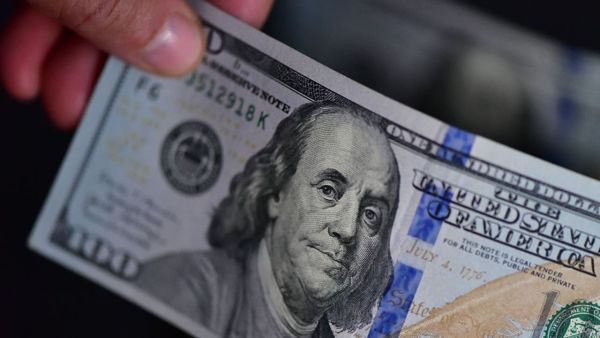
Kochi: The Kerala High Court has reversed the conviction of an individual who had been found guilty under Section 489C of the Indian Penal Code for being in possession of a fake 100-dollar note. Justice Johnson John, while delivering the judgment, cited a Supreme Court ruling stating that Section 489C applies not only to Indian currency but also extends to foreign currency notes, including US dollars. However, the prosecution failed to prove guilt beyond reasonable doubt. The lower court had sentenced the accused to three years of rigorous imprisonment along with a fine of Rs. 5,000. Challenging both the conviction and the punishment, the accused approached the High Court.

A Sub-Inspector witnessed the accused arguing with another person over a dollar note. He took the note to a bank manager who confirmed it was counterfeit, leading to the accused's arrest. However, the trial had serious evidentiary problems. Two key witnesses claimed they couldn't remember the incident, and crucially, neither the investigating officer nor the bank manager who verified the note was fake ever testified in court. Despite these significant gaps, the trial court convicted the accused based solely on the Sub-Inspector's testimony and by improperly relying on initial police statements from the hostile witnesses.
The Kerala High Court found multiple fatal flaws in the trial court's judgment. First, using police statements as evidence violated Section 162 CrPC, which explicitly prohibits this practice. Second, and most importantly, the prosecution failed to prove the essential elements of the crime. There was no evidence showing the accused knew the dollar note was fake or that he intended to use it as genuine currency. The court also noted that during the trial, the accused was never even questioned about his knowledge of the note being counterfeit or his intentions with it. Additionally, even the Sub-Inspector's own testimony showed uncertainty about whether the note was actually fake. Given these circumstances and the lack of any evidence suggesting the accused tried to flee or was involved in other illegal activity, the High Court concluded the accused deserved the benefit of doubt and set aside both the conviction and sentence.